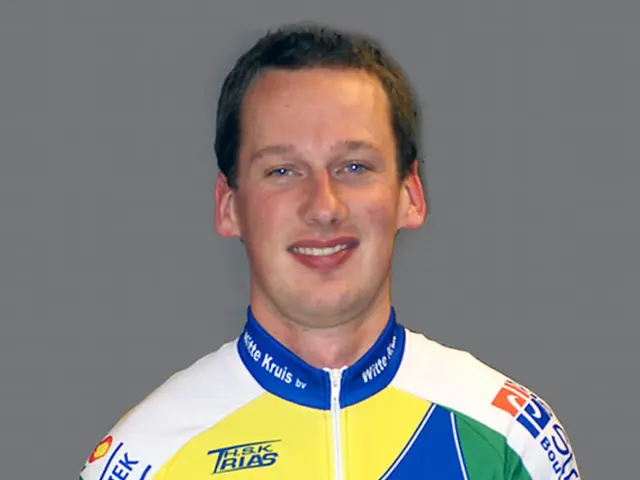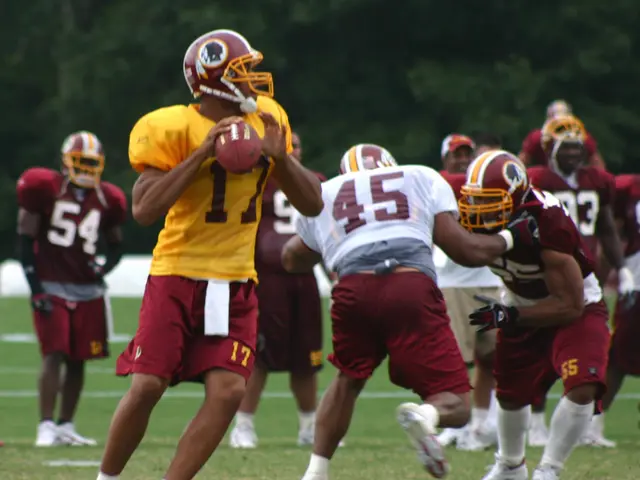A Tight Race for Borussia Dortmund's Presidency
Contest at Stake: Watzke Aiming for Presidency at BVB - Watzke aims to extend his tenure as the president of BVB through election campaigning
The race for the presidency of Borussia Dortmund, one of Germany's most iconic football clubs, is heating up, with two prominent figures going head-to-head: Hans-Joachim Watzke and Reinhold Lunow.
Background and Candidates
Hans-Joachim Watzke, the current CEO of Borussia Dortmund, has announced his candidacy for the presidency. He has been with the club since 2001, initially as treasurer, and then as CEO since 2005. His decision to run follows the request from the club's committees, including the Economic Council and the Council of Elders.
Dr. Reinhold Lunow, the incumbent president, has unexpectedly announced he would run again. His candidacy sets the stage for a potential power struggle within the club.
Election Dynamics
Watzke's candidacy is seen as a strategic move to ensure continuity and stability in the club's leadership. He plans to step down as CEO before the general assembly in November, aligning with the club's request for him to take on the presidency. Watzke's vast experience and support from key committees suggest a strong backing for his candidacy.
Lunow's decision to run again could be viewed as a challenge to Watzke's influence. While Lunow has experience, his decision to run may indicate internal dynamics or disagreements within the club, potentially fragmenting support.
Campaign Analysis
Watzke has the explicit support of the Economic Council and the Council of Elders, which could significantly influence the outcome. His statement emphasizes fulfilling the club's request, indicating a strong institutional backing.
Watzke's operational experience over two decades could appeal to members seeking stability and continuity. Conversely, Lunow's tenure has provided him with a platform to build a legacy, which might gather support from those who prefer familiarity.
The election process, while not yet finalised, might lead to unexpected outcomes. The lack of a direct election showdown might suggest maneuvering or negotiations within the club to achieve a consensus or a compromise.
Conclusion
The election campaign between Watzke and Lunow reflects deeper issues within Borussia Dortmund, such as leadership succession and internal politics. Watzke's candidacy is bolstered by his experience and committee support, while Lunow's decision to run again could be interpreted as a challenge to Watzke's dominance. The outcome will likely depend on how each candidate navigates the club's internal dynamics and member preferences.
The power struggle for the club's presidency has been ongoing since late May. Watzke's declaration to run for president at the next member assembly in November is significant for Borussia Dortmund. The election will undoubtedly shape the future of the club and its management.
[1] Borussia Dortmund [2] Sport Bild [3] Kicker [4] Spox
- As the steel industry continues to face challenges, various sectors, including manufacturing and mining and metallurgical industry, are closely monitoring the tight race for Borussia Dortmund's presidency, as a unique example of community aid and effective leadership could provide valuable insights for their own industry and leadership succession.
- Following the intense competition in European football leagues, Borussia Dortmund's presidential election, with candidates Hans-Joachim Watzke and Reinhold Lunow, serves as a notable event in the larger sports landscape, much like a challenging match in football, requiring strategic moves and strong understanding of internal dynamics to secure a win.







